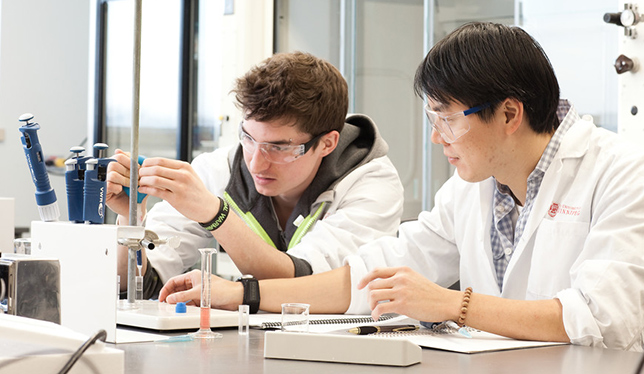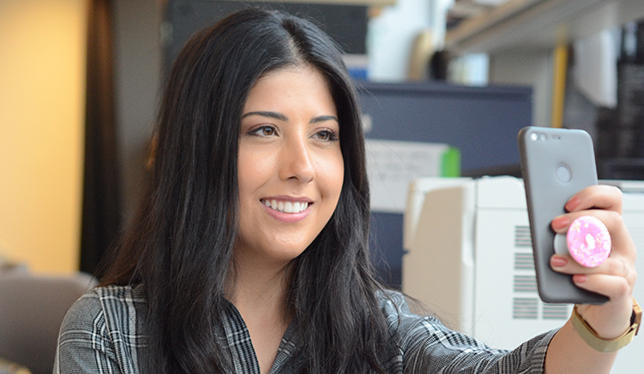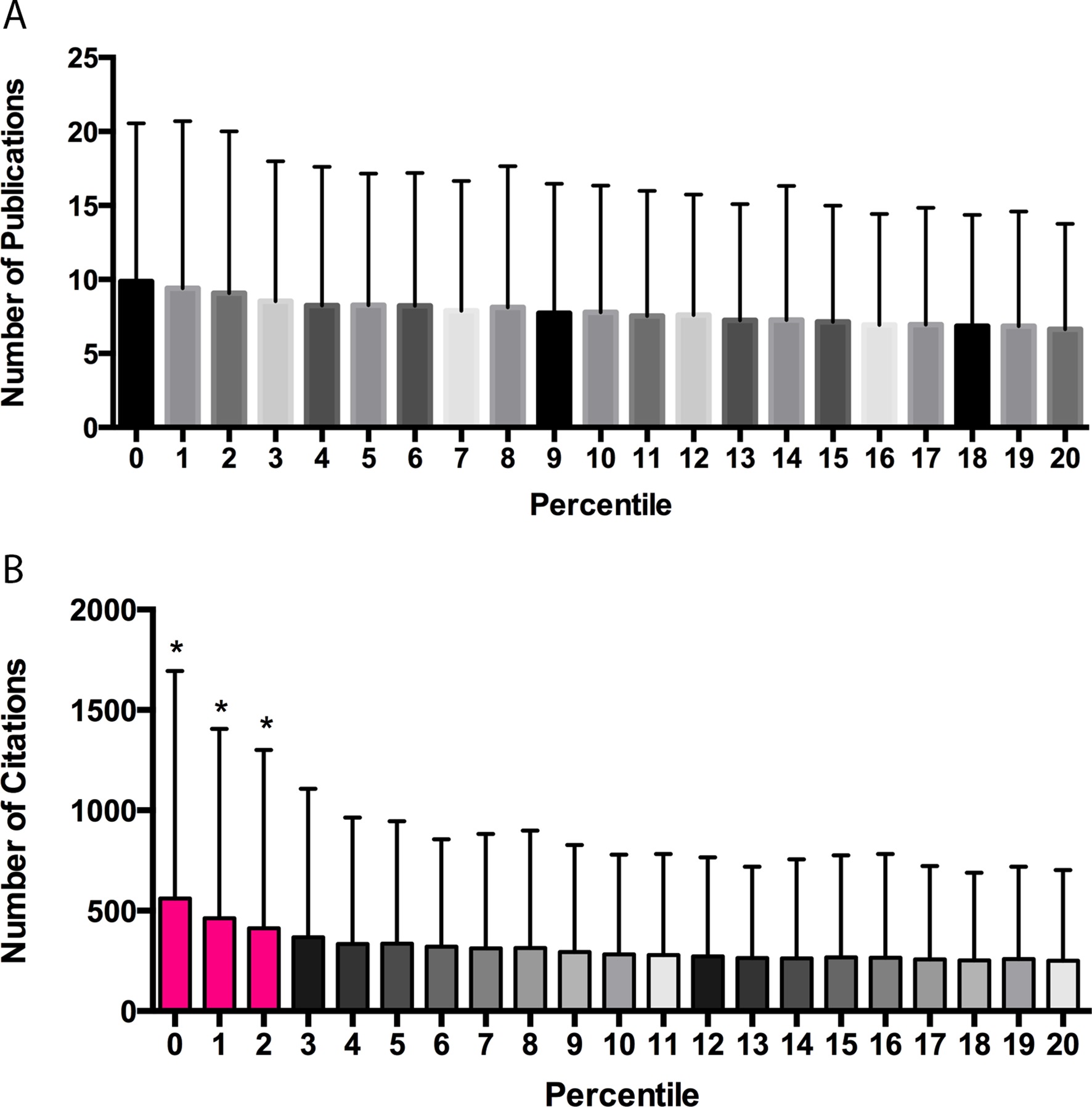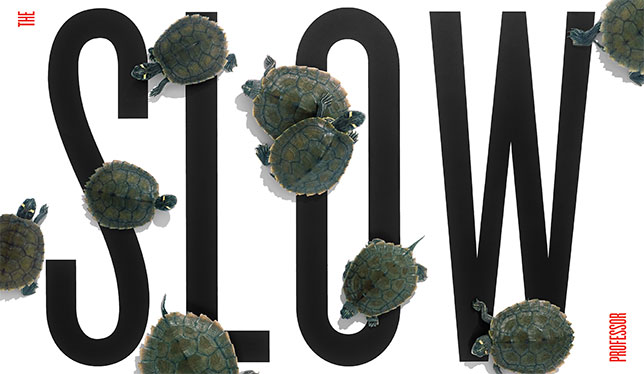Improving Universities' Public Standing

Send us a link

If the vaunted features of science that are used rhetorically to promote and justify its status as an aid to international affairs are truly valued, it would be precisely in the most trying circumstances that science diplomacy should remain a viable alternative.
A new Canada Foundation for Innovation survey finds that while young people generally trust science, action is still needed to improve literacy.
While no one is arguing for funding failure, the challenge is how we define “success.”

Whatever we call it, investment in research will lead the way to important short- and long-term discoveries.

Academia is unique in that professionals with highly specialized expertise, who are paid by public institutions, write articles and provide peer reviews to corporations who profit greatly without giving back to the research enterprise.

PhD candidate Samantha Yammine is trying to break the stereotype that Scientists are cold, boring and out of touch with the hashtag #ScientistsWhoSelfie.

All research findings at the Montreal Neurological Institute are being shared publicly to accelerate scientific discovery.
The number of predatory publishers is skyrocketing – and they’re eager to pounce on unsuspecting scholars.

David Kent breaks down an eLife article that suggests peer review scores cannot distinguish very good grants from excellent grants. In fact, at a certain point in the process, it is pretty much a random lottery.

The authors of a new book challenge what they call the “frantic pace” of contemporary university life.

We need to assess who gets funded based on research merit, not journal label.